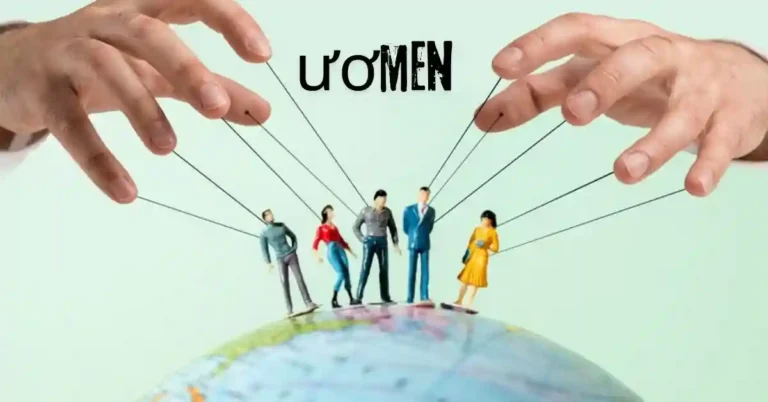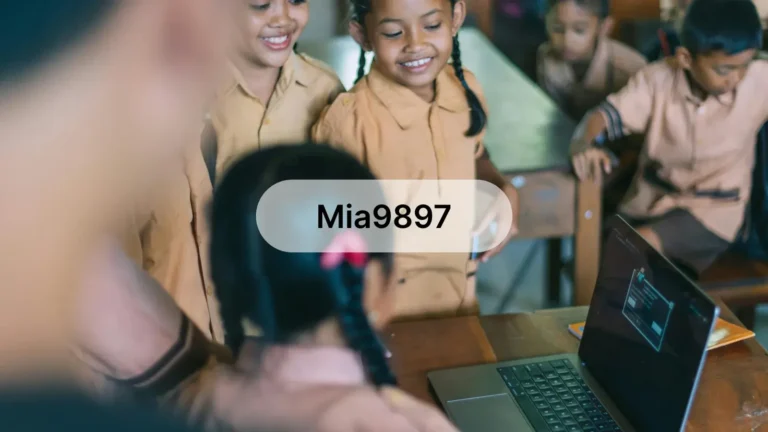Преводеч: Bridging Global Language Gaps
In today’s interconnected world, the need for effective communication across languages has never been more critical. This is where the concept of преводеч comes into play. преводеч is a Bulgarian term that translates to “translator” in English. However, it encompasses much more than just the act of converting words from one language to another.
In this comprehensive guide, we’ll explore the various aspects of преводеч, including its importance, types, tools, and the impact it has on global communication. Whether you’re a business owner looking to expand internationally, a student studying abroad, or simply someone interested in language and culture, understanding the role of преводеч is crucial in our multilingual world.
What is Преводеч?
Definition and Etymology
преводеч (pronounced “pre-vo-dech”) is derived from the Bulgarian verb превеждам (prevejdam), which means “to translate.” In its essence, a преводеч is a professional who facilitates communication between people speaking different languages.
The Role of Преводеч in Modern Society
The role of a преводеч extends far beyond simple word-for-word translation. These professionals are linguistic and cultural bridges, ensuring that the intended message is conveyed accurately and appropriately across language barriers. Their work is crucial in various fields, including:
- International business
- Diplomacy and politics
- Literature and media
- Science and technology
- Legal and medical sectors
Types of Преводеч Services
Written Translation
Written translation is one of the primary services offered by a преводеч. This involves converting written text from one language (the source language) to another (the target language). Some common types of written translation include:
- Literary translation
- Technical translation
- Legal translation
- Medical translation
- Website localization
Interpretation
Interpretation is another crucial service provided by a преводеч. Unlike translation, interpretation deals with spoken language in real-time. The main types of interpretation are:
- Simultaneous interpretation
- Consecutive interpretation
- Whispered interpretation (chuchotage)
Localization
Localization goes beyond mere translation. A преводеч involved in localization adapts content to suit the cultural, linguistic, and technical requirements of a specific target market. This is particularly important for:
- Software and apps
- Websites and e-commerce platforms
- Marketing materials
- Video games
The Skills and Qualifications of a Преводеч
Language Proficiency
The foundation of any преводеч is a high level of proficiency in at least two languages. This typically includes:
- Native or near-native fluency in the target language
- Excellent command of the source language
- Understanding of language nuances, idioms, and cultural references
Subject Matter Expertise
Many преводеч professionals specialize in specific fields, such as:
- Legal преводеч
- Medical преводеч
- Technical преводеч
- Literary преводеч
This specialization allows them to accurately translate complex terminology and concepts within their area of expertise.
Cultural Knowledge
A good преводеч must possess deep cultural understanding of both the source and target languages. This includes:
- Familiarity with customs and traditions
- Understanding of social norms and etiquette
- Knowledge of historical and cultural references
Technical Skills
In today’s digital age, a преводеч must also be proficient in various technical skills:
- Computer-assisted translation (CAT) tools
- Desktop publishing software
- Audio and video editing (for multimedia translation)
- Research and information gathering techniques
The Process of Преводеч
Step 1: Text Analysis
Before beginning the translation, a преводеч carefully analyzes the source text to understand:
- The overall context and purpose of the document
- Specific terminology and jargon used
- The tone and style of the writing
Step 2: Translation
During the actual translation process, the преводеч:
- Converts the text from the source to the target language
- Ensures accuracy of meaning and context
- Adapts idiomatic expressions and cultural references
Step 3: Editing and Proofreading
After the initial translation, the преводеч or a separate editor:
- Reviews the translated text for accuracy
- Checks for grammar, spelling, and punctuation errors
- Ensures consistency in terminology and style
Step 4: Quality Assurance
The final step involves:
- Comparing the translated text with the original
- Verifying that all content has been translated
- Ensuring the formatting and layout match the source document
Преводеч Tools and Technologies
Computer-Assisted Translation (CAT) Tools
CAT tools are essential for modern преводеч work. They include:
- Translation memory software
- Terminology management systems
- Quality assurance tools
Popular CAT tools include SDL Trados, memoQ, and Wordfast.
Machine Translation
While not a replacement for human преводеч, machine translation tools like Google Translate and DeepL are increasingly used as aids in the translation process.
Online Resources
преводеч professionals often rely on various online resources:
- Multilingual dictionaries and glossaries
- Industry-specific terminology databases
- Cultural reference guides
Challenges Faced by Преводеч Professionals
Language Evolution
Languages are constantly evolving, with new words and expressions emerging regularly. A преводеч must stay updated with these changes to provide accurate translations.
Cultural Sensitivity
Navigating cultural differences can be challenging. A преводеч must be aware of potential cultural pitfalls and adapt the content accordingly.
Technical Complexity
Some fields, such as legal or medical translation, require a deep understanding of complex concepts and terminology.
Time Pressure
Many translation projects come with tight deadlines, requiring a преводеч to work efficiently without compromising quality.
The Impact of Преводеч on Global Communication
Business and Commerce
преводеч services play a crucial role in international business by:
- Facilitating negotiations and contracts
- Enabling effective marketing in foreign markets
- Ensuring clear communication with global customers and partners
Diplomacy and International Relations
In the realm of international politics, преводеч professionals are indispensable for:
- Translating official documents and treaties
- Interpreting during international summits and meetings
- Facilitating cross-cultural understanding between nations
Education and Research
преводеч services contribute significantly to global knowledge sharing by:
- Translating academic papers and research findings
- Enabling international collaboration in scientific projects
- Making educational resources accessible across language barriers
Entertainment and Media
The entertainment industry relies heavily on преводеч for:
- Subtitling and dubbing of films and TV shows
- Translating books and other literary works
- Localizing video games for international markets
The Future of Преводеч
AI and Machine Learning
Advancements in artificial intelligence and machine learning are set to transform the преводеч industry. While these technologies will enhance efficiency, the human touch of a skilled преводеч will remain invaluable for ensuring nuanced and culturally appropriate translations.
Specialization and Niche Expertise
As industries become more specialized, there will be an increasing demand for преводеч professionals with expertise in specific fields such as biotechnology, artificial intelligence, or sustainable energy.
Remote Work and Global Collaboration
The rise of remote work is likely to create more opportunities for преводеч professionals to collaborate on international projects, regardless of their physical location.
Multimedia and Interactive Content
With the growth of multimedia and interactive content, преводеч services will need to adapt to handle more complex, multi-format translation projects.
Conclusion
преводеч is crucial in our interconnected world, serving as essential bridges for communication across language barriers. They enable international business, introduce foreign literature to new audiences, and enhance cross-cultural understanding. As global interactions increase, the demand for skilled translators will grow. By facilitating communication and fostering cultural cooperation, преводеч professionals significantly contribute to a more connected and understanding global community.







